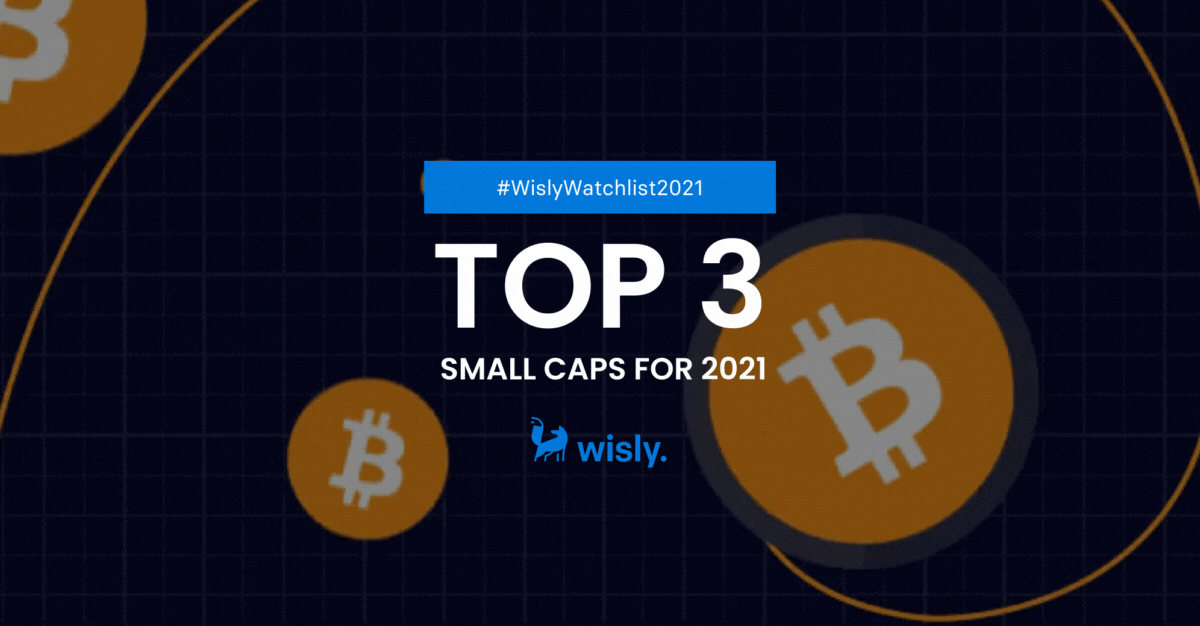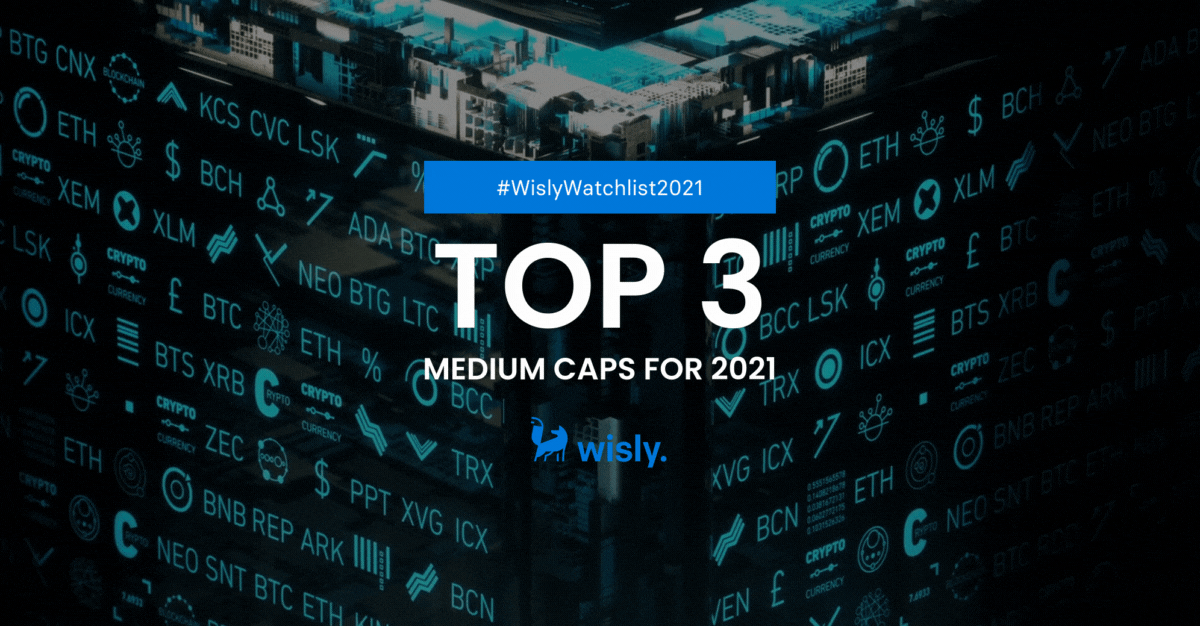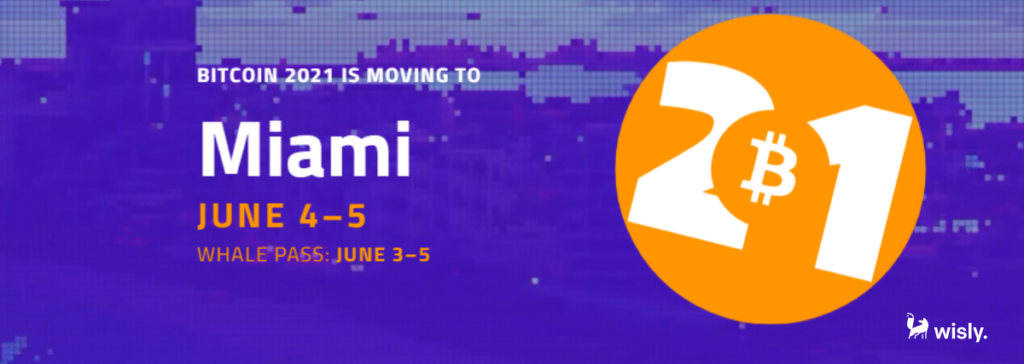Wisly Wednesday Industry News
It’s been another rollercoaster week in the world of crypto with some interesting developments taking place. Tesla softens its stance on Bitcoin transactions; Kazakhstan plans to introduce crypto mining tax; Thailand bans joke cryptocurrencies and NFTs; and More Latin American countries look to follow El Salvador’s lead with crypto adoption.
Tesla softens its stance on Bitcoin transactions

The price of Bitcoin rose slightly following encouraging comments by Tesla’s CEO, Elon Musk, who said that the world’s number one cryptocurrency is still a viable form of payment for purchasing its electric vehicles. Payment with Bitcoin will only be considered, however, once the cryptocurrency has shifted to mining with cleaning energy.
Musk came under fierce criticism from Sygnia’s CEO Magda Wierzycka recently, when she said, “What we have seen with Bitcoin is price manipulation by one very powerful and influential individual.” The Tesla boss was defiant in his response, stating that Tesla will resume allowing Bitcoin transactions once there is confirmation of reasonable and clean energy usage by miners with a future positive trend.
Musk’s most recent comments appear to have reassured investors that Bitcoin still possesses incredible purchasing power, despite its highly unsustainable energy usage in existing mining operations.
Kazakhstan plans to introduce crypto mining tax

With so much focus on China’s tough stance on crypto mining within its borders, the attention has swiftly turned to Kazakhstan where an influx of crypto miners has surfaced in the past few weeks. Authorities in Kazakhstan are now considering imposing taxes on crypto miners and data centres that are currently tax-free.
It is anticipated that an amendment to the Tax Code of Kazakhstan will be proposed to curb the unregulated consumption of electricity used by crypto mining farms in the transcontinental country. As part of the proposal, it is expected that a small tax imposition of one tenge per one kilowatt per hour will be charged from 1 January 2022, provided there are no delays with the adoption of this law.
While this tiny tax imposition appears to be more of a symbolic warning rather than a real one, it will help Kazakhstan authorities with the preparation of crypto administration processes. Deputy of the Kazakhstan Tax Code Department, Albert Rau, said, “We have to adjust our legislation with real life because, as a matter of fact, mining work in the country is done in a parallel reality.”
Although the tax fees are relatively minor, President of Kazakhstan’s Blockchain Association, Alan Dorjiev, didn’t appear impressed as he stated, “Implementation of a new additional tax in a specific industry, in this case in the mining industry, can cause a precedent that would affect Kazakhstan in terms of investment attractiveness. Investors are used to evaluating the risk of regulation impact and would prefer more stable and reliable jurisdictions”.
Thailand bans joke cryptocurrencies and NFTs

The Securities and Exchange Commission in Thailand has taken steps to ban certain cryptocurrencies and non-fungible tokens. They focused on four specific types of tokens:
- Meme tokens that regulators classify as having no clear identity or purpose, and no underlying value as its prices fluctuate with social media commentary;
- Fan tokens that are only in existence due to influencer fame;
- Non-fungible tokens (NFTs) are emerging applications of blockchain that signifies ownership of digital assets; and
- Tokens that are issued by digital asset exchanges or related persons.
The main target for Thailand’s Securities and Exchange Commission appears to be digital exchanges, with the new ruling making it more difficult for exchanges that handle trades to operate within its borders. In terms of the last type of token – those issued by digital asset exchanges – the ruling will make it harder for investors to create tokens to trade amongst themselves, or for their customers to use to make payments for services.
This decision will likely impact mainstream tokens like Dogecoin together with other less prominent coins in circulation. The motive behind this policy aims to reduce money laundering and promote a more stable financial system in Thailand.
More Latin American countries look to follow El Salvador’s lead with crypto adoption
Following El Salvador’s ground-breaking announcement that Bitcoin will be used as official tender in their country, many Latin American countries appear to be warming up to the adoption of cryptocurrencies. While the International Monetary Fund envisaged legal and economic issues regarding El Salvador’s adoption of the cryptocurrency, this hasn’t dampened the spirits of many of El Salvador’s neighbours, who hope to follow suit.
Member of the Panamanian Parliament, Gabriel Silva, stated soon after the announcement, “This is important, and Panama cannot be left behind. If we want to be a true technology and entrepreneurship hub, we have to support cryptocurrencies. We will be preparing a proposal to present at the assembly.” Paraguay’s National Deputy, Carlitos Rejala, also showed his support by tweeting, “As I was saying a long time ago, our country needs to advance hand in hand with the new generation. The moment has come, our moment.”
Many prominent members of Latin American countries changed their Twitter profile pictures to laser eyes following El Salvador’s news, signifying eyes that are laser-focused on Bitcoin’s prices topping $100,000. Tyler Winklevoss, co-founder of crypto exchange Gemini said, ”First they ignore you, then suddenly Paraguay, Argentina, Panama, Brazil, El Salvador, Nicaragua embrace Bitcoin.”
Any data, text or other content on this page is provided as general market information and not as investment advice. Past performance is not necessarily an indicator of future results.



























 Polkadot is an open-source, decentralised network that was launched by the Web3 Foundation in 2020. It has a market capitalisation of over $26 billion and uses DOT as its native token. It is an interoperable and secure blockchain network that allows any type of data to be transferred across any type of blockchain. Polkadot is a multi-chain application environment where data can be transferred across open, public and permissionless blockchains together with closed, private and permissioned blockchains.
Polkadot is an open-source, decentralised network that was launched by the Web3 Foundation in 2020. It has a market capitalisation of over $26 billion and uses DOT as its native token. It is an interoperable and secure blockchain network that allows any type of data to be transferred across any type of blockchain. Polkadot is a multi-chain application environment where data can be transferred across open, public and permissionless blockchains together with closed, private and permissioned blockchains.








